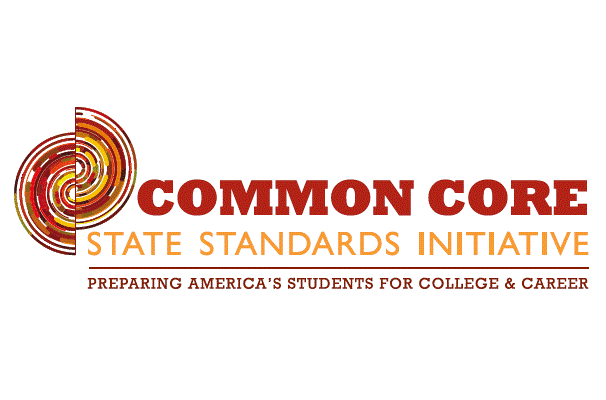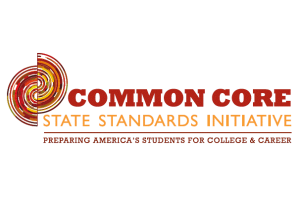Survey: Majority of Academics think it’s ‘Too Early to Tell’ if Common Core was the ‘Right Decision’


Common Core State Standards, a top-to-bottom federal government education curriculum, is a relative unknown among academics, college faculty and professors in higher education. A joint survey, headed by the American Enterprise Institute (AEI), discovered that the majority of their respondents had mixed responses to Common Core’s design and implementation.
The survey had forty-nine respondents from higher education institutions, ranging from two-year to four-year institutions. Survey respondents said the following about Common Core:
- Respondents who were “somewhat supportive” of Common Core 52%
- 23% were “neutral” about Common Core
- 56% said that it is “too early to tell” whether adopting Common Core was the “right decision”
- Yet, 1/3 of the respondents agreed with how their states implemented it
- 75% of respondents disagree with Arne Duncan’s statement in 2013 about how Common Core could be the single-greatest thing since Brown v. Board of Education
AEI pointed out that although the respondents said they supported the idea and premise of Common Core, the implementation and practice was not optimal due to the lack of consultation of higher education in the creation of Common Core. For example, 56% said that higher education “played a minor role” in its creation, with 23% saying that they did “not play a role.” 50% also said they had no input in Common Core’s implementation. Also, 94% of respondents said they did not know someone who was involved in Common Core, but AEI said it could be due to Common Core’s emphasis on state-level education agency bureaucrats deciding implementation.
Respondents were also asked how Common Core scores would affect admissions to colleges and universities. Half of the respondents said they did not know how the scores would play into their institutions’ admissions and 15% said their institution has not decided yet. Additionally, 61% believed Common Core would affect teacher education, 51% said it would affect math and writing instruction, and 43% said it would affect English instruction.




